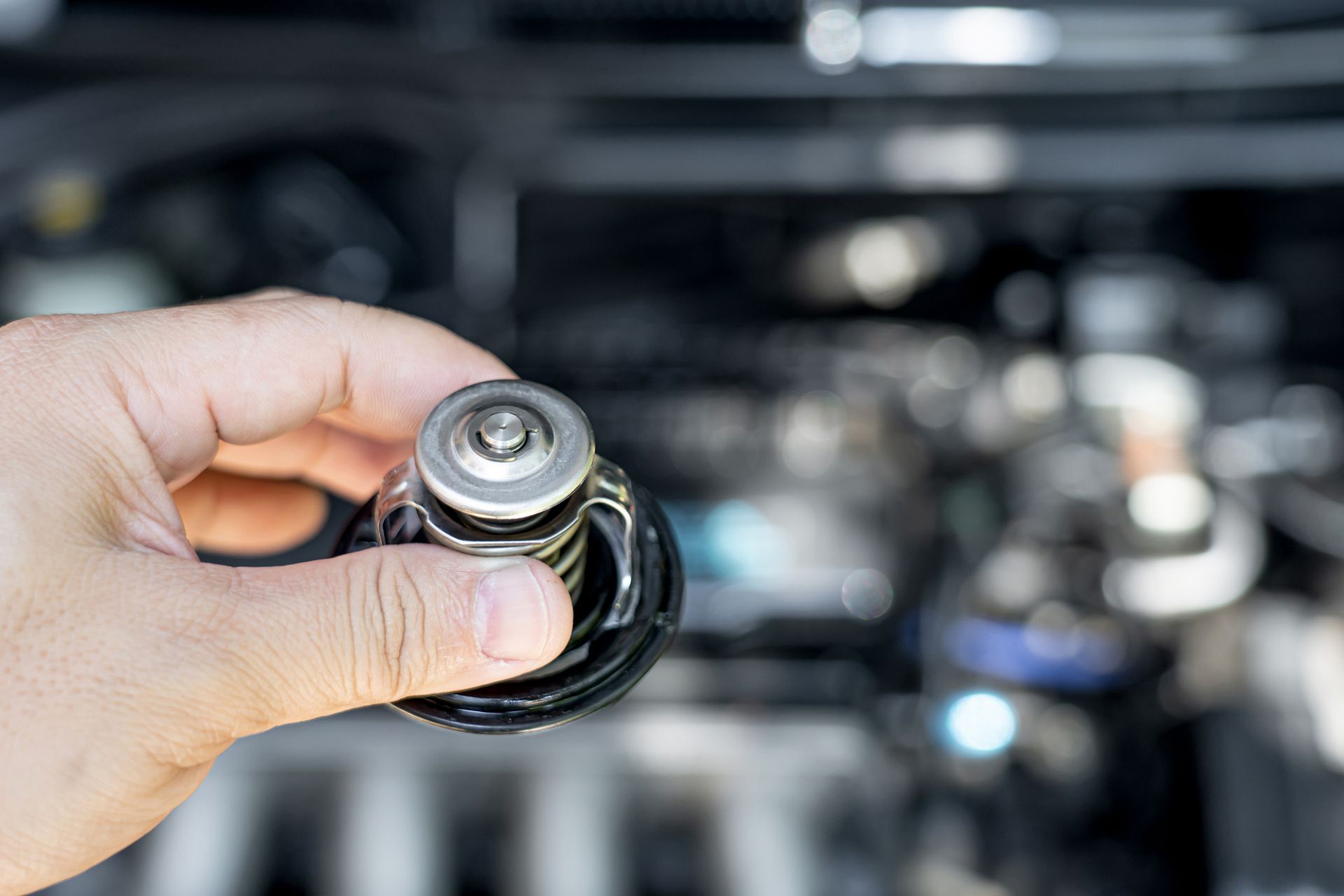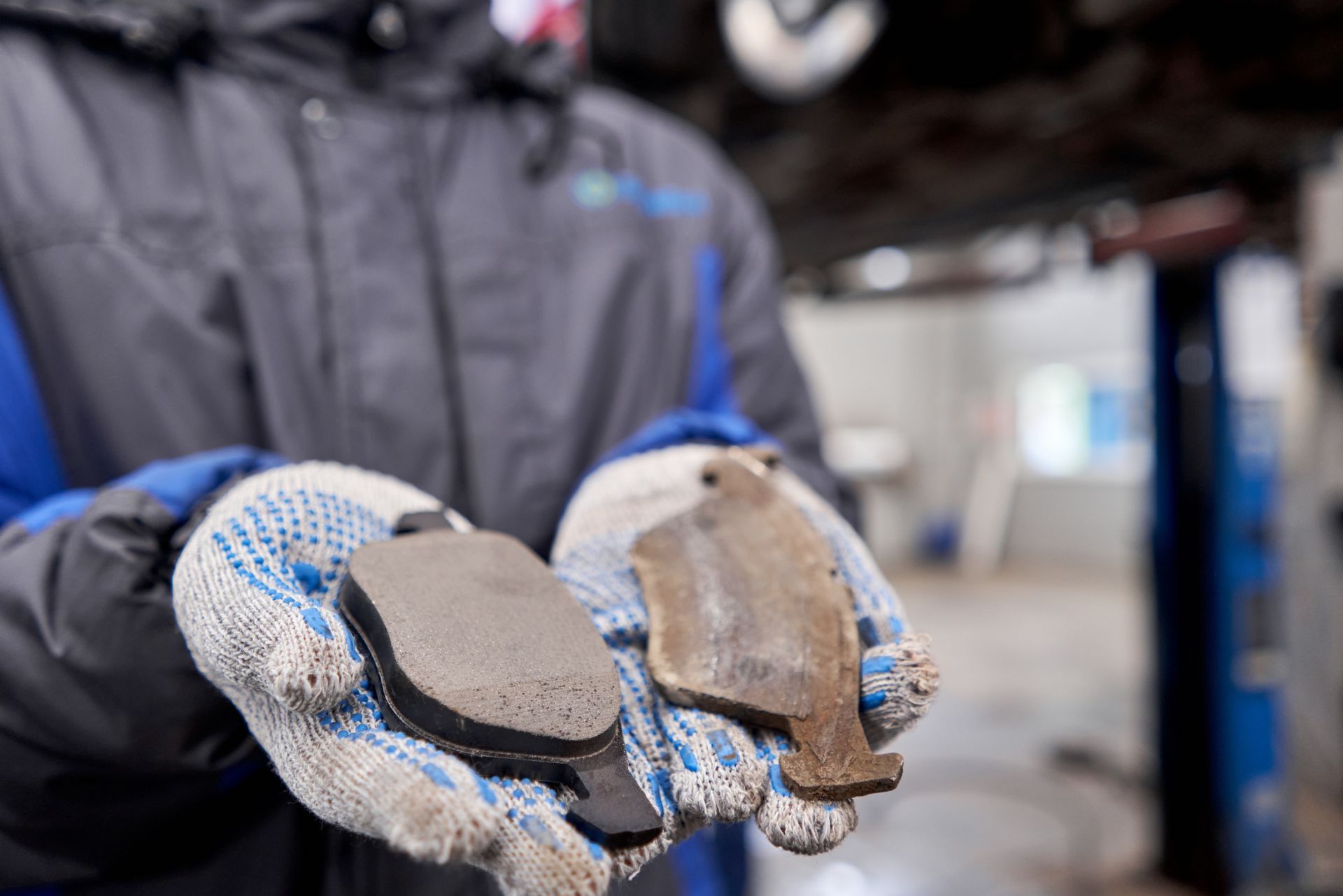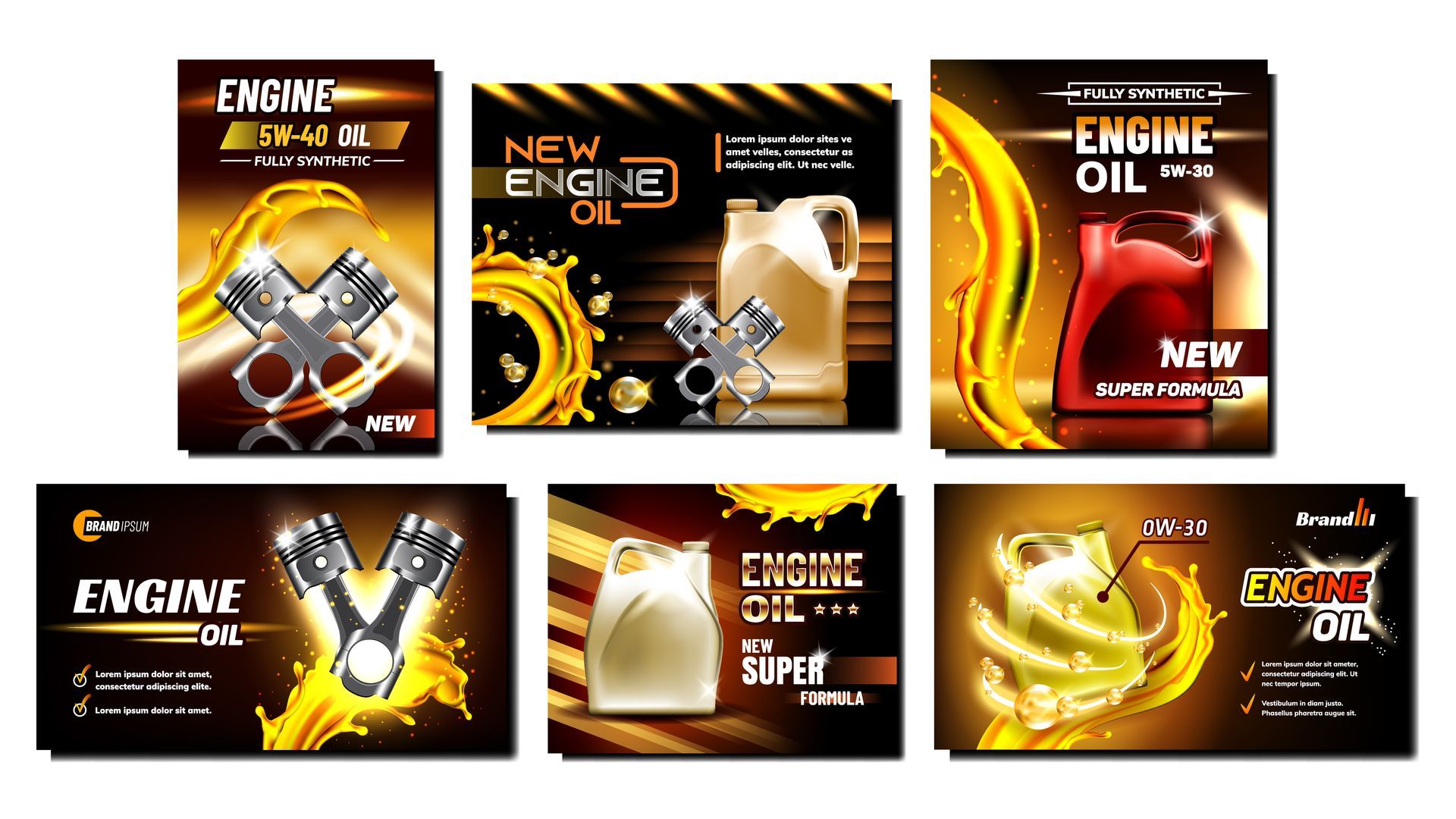It is tempting to limp a problem car across town. The engine still runs, the shop is only a few miles away, and towing feels like overkill. The trouble is that a short drive with the wrong symptom can turn a minor repair into a major one.
Knowing when to park the car and call a tow protects the engine, transmission, brakes, safety, and wallet.
Warning Lights That Mean Park It Now
Some dash lights are reminders. Others are stop signs. A flashing check engine light signals an active misfire that can overheat and destroy the catalytic converter. An oil pressure light at idle means bearings may not be receiving proper lubrication. A red temperature warning or a gauge in the hot zone tells you the engine is cooking itself.
Any of these conditions calls for a tow rather than a cautious drive.
Overheating and Coolant Loss
Overheating escalates quickly. A burst hose, a stuck thermostat, a failed water pump, or a cooling fan that does not switch on can push temperatures up within minutes. Once the needle climbs, shut the engine off and let it cool. Driving while hot can warp cylinder heads, blow a head gasket, and push coolant into the exhaust.
If you see steam, smell a sweet odor, or notice a growing puddle under the front of the car, choose a tow before the heat turns a simple leak into headwork.
Brake or Steering Problems on the Road
A soft pedal, a pedal that sinks at a stop, or a car that pulls hard to one side under braking is not a drive carefully situation. A leaking line or seized caliper can fail on the next stop. Steering and suspension issues carry the same risk. A violent shake after a pothole, a clunk that repeats over bumps, or a steering wheel that suddenly sits off center can point to a broken spring, failed control arm bushing, or loose tie rod. A tire with a bulge, exposed cords, or a sidewall cut is another tow call.
These faults affect your ability to steer and stop, which changes a short drive into a gamble.
Transmission Symptoms That Worsen With Every Block
A delay selecting drive or reverse, a flare where the engine revs but the car does not accelerate, or a hot fluid smell after a short trip are signs of low line pressure or failing clutches. Driving through slip creates more heat and burns the fluid, which turns a service into a rebuild. If the transmission refuses to upshift, bangs into gear, or grinds on deceleration, park it and tow it.
Heat is the enemy here, and every block raises the bill.
Electrical Failures and No-Start While Driving
A battery light that appears while driving, lights that dim when the blower is on, or a sharp electrical odor near the alternator suggest the charging system is failing. Once the battery depletes, the car can die in traffic with no power steering or brake assist. A stall that only restarts with a jump often points to low alternator output or a broken belt.
Tow the vehicle to avoid stopping in an unsafe location.
After a Hit, Pothole, or Water Crossing
Even low-speed bumps can shift radiators, pinch transmission coolers, or crack plastic tanks that leak slowly once you get moving. A deep pothole can bend a wheel or snap a spring. Water that reaches the fog lights can splash higher than you expect and soak connectors or air intake parts. If the car feels different after an impact or a crossing, tow it.
Driving home while something rubs, leaks, or ingests water invites a long parts list.
When a Careful Drive Is Reasonable
There are cases where you can drive in gently. A steady check engine light with normal power and no new sounds usually allows a short trip to the shop. A washer pump failure can wait for clear weather. A tread puncture can be swapped for the spare if you have a safe place to work. Use this quick guide when you are unsure:
- Flashing check engine light, oil pressure light, hot temperature warning, or red brake light means tow.
- Steam, strong coolant or fuel smells, visible leaks, or smoke mean tow.
- Soft pedal, pulling, grinding brakes, sudden steering change, broken spring, bulged tire, or wheel off center means tow.
- Slipping transmission, no upshift, or burning transmission odor means tow.
If none of the above apply and the vehicle drives normally, keep the trip short, avoid heavy traffic, and head directly to the shop.
Safe, Damage-Free Towing with Jim’s Auto Repair & Towing in Sarasota, FL
Jim’s Auto Repair & Towing handles both sides of the problem, the tow and the fix. Our drivers use the correct tie points, flatbeds, and wheel lifts for all wheel drive and low vehicles, and then our technicians diagnose the root cause so you are not guessing. Call for a tow or book your routine maintenance service today.
We will move your car safely, explain what failed, and get you back on the road without turning a small issue into an expensive repair.




